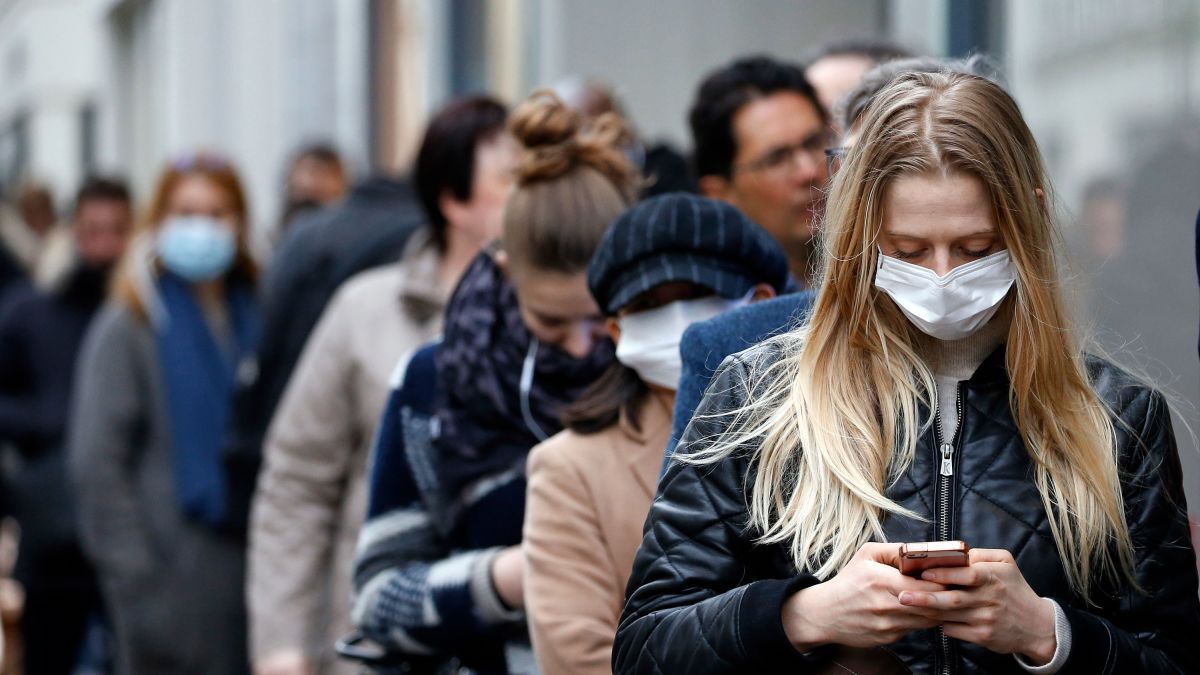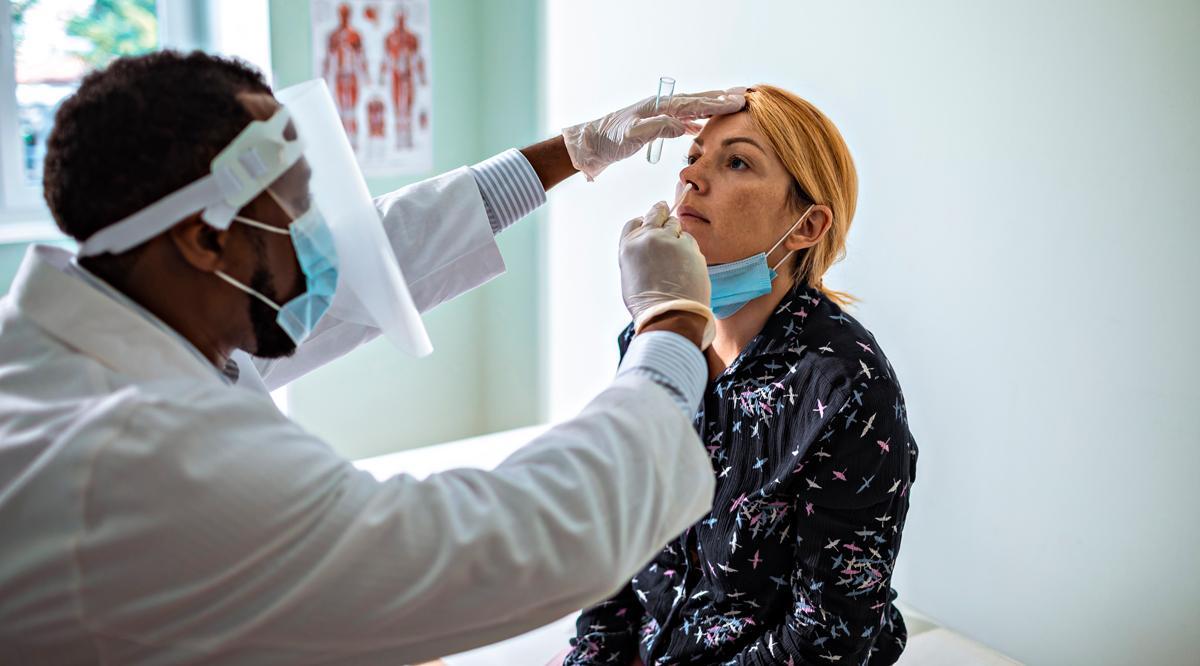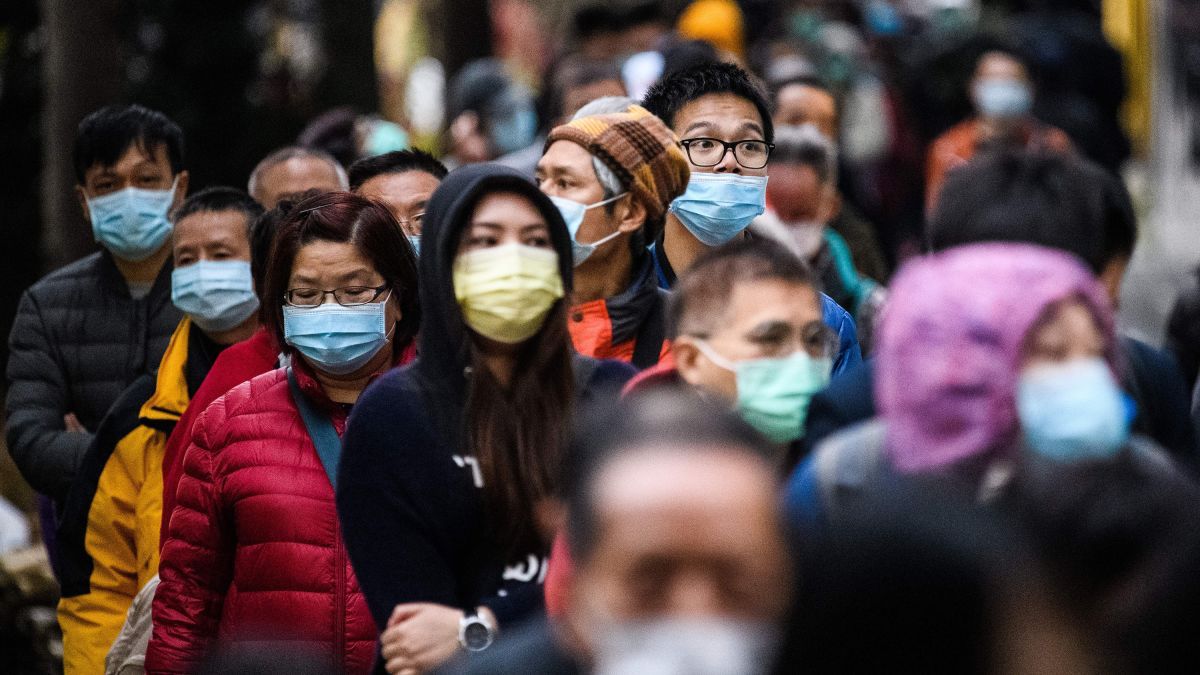
How long should you quarantine? These are the new CDC guidelines
As we enter a COVID surge coinciding with the holiday season, many people are struggling to make a decision on how long they should actually be staying inside. Recently, the experts laid out new guidelines for how long you should quarantine for if you contract COVID-19.
So what are the experts saying? Let’s take a look:

A change in guidelines
Dr. Robert Redfield, director of the Centers for Disease Control and Prevention, laid out the new guidelines during a White House coronavirus task force meeting on Tuesday. He told the press the CDC reduced the number of recommended quarantine days from fourteen (two weeks) to between seven & ten. More specifically, If you have a negative test, you can re-enter the world after a week. Without a test, quarantine for ten days.
This is admittedly a big change. The CDC recommends that you quarantine after you have been in direct contact with someone who is carrying the virus. The CDC reiterated a definition of contact, describing it as “multiple encounters with an infected person,” or “exposures adding up to a total of fifteen minutes spent six feet or closer to an infected person.”
Mask mandates & social distancing guidelines still haven’t changed. Ultimately, those won’t start to ease up until we have a vaccine, which is currently in the works.

The science behind the changes
Why the big changes? According to The New York Post, a CDC official said Vice President Mike Pence has been encouraging the organization to take another look at the guidelines for several months. However, the CDC also had research backing up the change.
Officials recently announced there’s between a 1% and 12% risk that someone continues to be infected after ten days in quarantine. According to the CDC, this is “an acceptable risk for many people”.

As for quarantining for a week after a negative test, the CDC determined there’s a 5-10% risk of still being contagious after this period.
The chief medical officer for COVID response, Dr. John Brooks, commented on the changes. “We can safely reduce the length of quarantine, but accepting that there is a small residual risk that a person who is leaving quarantine early could transmit to someone else if they became infected.”

What about the holidays?
The question on everyone’s minds is whether or not they can travel home for the holidays, and the CDC has answers for that, as well. They recommend that people avoid traveling altogether if they can. However, if this isn’t possible, then they should get tested 1-3 days before setting off, and 3-5 days after they make it to their destination. In addition, they should limit non-vital activities for “a full seven days after travel”.
Dr. Henry Walke, who oversees day-to-day pandemic response at the CDC, commented on the upcoming weeks. “The best thing for Americans to do during the holiday season is to stay at home and not travel,” he said.
Dr. Cindy Friedman, chief of the travelers health branch of the CDC, added to Walke’s statement. “The safest thing to do is postpone travel and stay home,” she said, adding that the percentage of those infected could “translate into hundreds of thousands of additional infections”.
How traveling can spread COVID.
Dr. Friedman explained how travel can increase cases and help COVID spread: “Travel is a door-to-door experience that can spread the virus during the journey and into communities where travelers visit or live. We know it’s a hard decision, and people need time to prepare and have discussions with their families and friends and to make these decisions.”
She added, “Our recommendations are trying to give them the tools they need to make these tough choices,” and argued that it is vital for people to “think about the safest option for them and their families”.
—
Are you staying home for the holidays? If you have to travel, what are your plans to keep you & your loved ones safe? Let us know in the comments!




